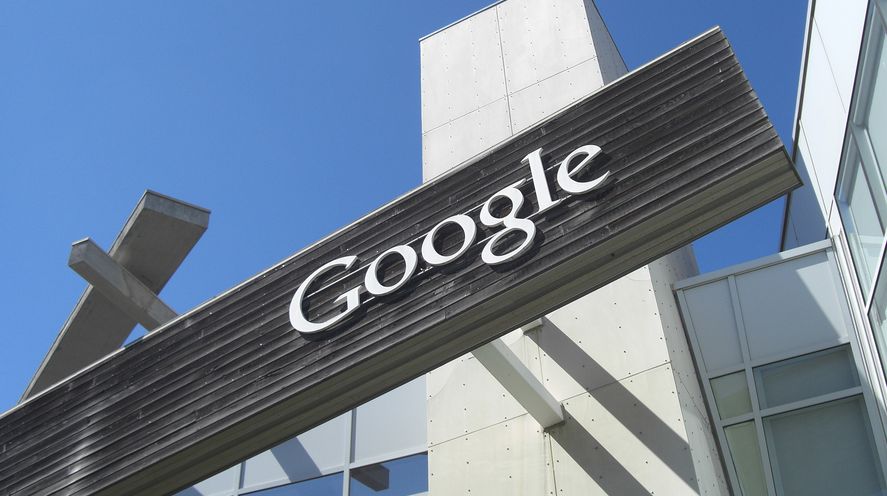Google got it wrong: The internet won't be global by 2020
After two decades of stratospheric growth, is the internet at saturation point already?

"For every person online, there are two who are not. By the end of the decade, everyone on Earth will be connected." Does Eric Schmidt, Executive Chairman and former CEO of Google, regret his tweet, or was it merely a sales pitch for the internet?
Schmidt was wrong. Although he didn't flat-out say that everyone in the world would be online by 2020, it was implicit in his statement. Sadly, that's not going to happen. In fact, internet use in developing countries is unlikely to achieve the target of 50% until 2020 according to The Broadband Commission.

The state of the internet
There's no doubt that the internet has done well. At the time of writing there are 3.2 billion people online – an impressive 40.4% of humanity – according to the International Telecommunications Union (ITU). It's tripled in popularity in the last decade, but its growth is now badly slowing. The stratospheric growth of the internet in its early years is understandable – the number of users almost doubled in 1999 and again in 2000 – but since Schmidt's proclamation the internet has had to settle for around 8% annual growth, a figure that's reducing each year.
With a massive four billion people still to connect (about two-thirds of the people in developing countries), that slow in growth is putting paid to Schmidt's prediction. The next time someone in the tech world talks about the opportunities for connecting 'The Next Billion', don't think them a visionary. There's a lot more work to do than that.

The growth of mobile
Is the internet at saturation point already? It may be getting more expensive to connect in the developing world thanks to stalled infrastructure projects, but the internet is still growing fast. It's all down to mobile phones, the fastest growing technology in human history. There are now seven billion mobile cellular subscriptions worldwide, with 95% of the globe now covered by a 2G signal.
In fact, Africa is the only region where mobile broadband penetration remains below 20%. GSMA Intelligence predicts that around half of the world's population in 2020 will be using mobile devices to access the internet. Now that's a stat we can believe.
"Mobile is now the gateway to the internet for billions of citizens across the world and will be responsible for connecting millions of currently 'offline' global citizens to the internet in the years to 2020 and beyond," says Anne Bouverot, Director General of the GSMA.
Are you a pro? Subscribe to our newsletter
Sign up to the TechRadar Pro newsletter to get all the top news, opinion, features and guidance your business needs to succeed!

Developing world plays catch-up
Meanwhile, fixed broadband uptake will reach only 11% penetration by the end of 2015. In fact, the cost of fixed broadband plans in the least developed countries has been on the rise since 2011. Mobile broadband will mostly help areas of the world where, thus far, the internet just isn't a thing in any meaningful way.
Despite its reputation as an Asian tech outsourcing region, the Indian sub-continent is far behind most of the world – just 19% of India's 1.2 billion people use the internet, while in Pakistan it's 10%, and in Bangladesh it's just 6%. Many countries in Africa mirror those kind of figures. Less than a third of the world's rural population get 3G access, which is where the internet becomes easy to use on a phone.
Jamie is a freelance tech, travel and space journalist based in the UK. He’s been writing regularly for Techradar since it was launched in 2008 and also writes regularly for Forbes, The Telegraph, the South China Morning Post, Sky & Telescope and the Sky At Night magazine as well as other Future titles T3, Digital Camera World, All About Space and Space.com. He also edits two of his own websites, TravGear.com and WhenIsTheNextEclipse.com that reflect his obsession with travel gear and solar eclipse travel. He is the author of A Stargazing Program For Beginners (Springer, 2015),
Most Popular


